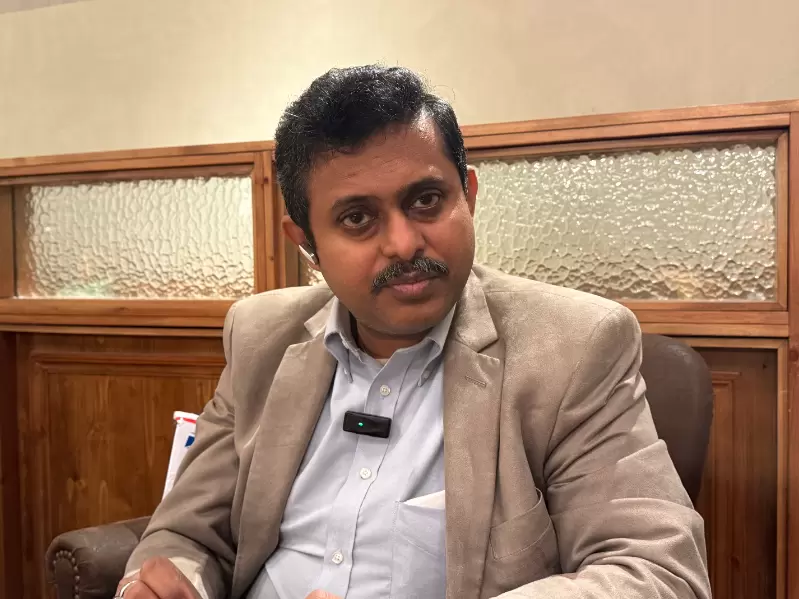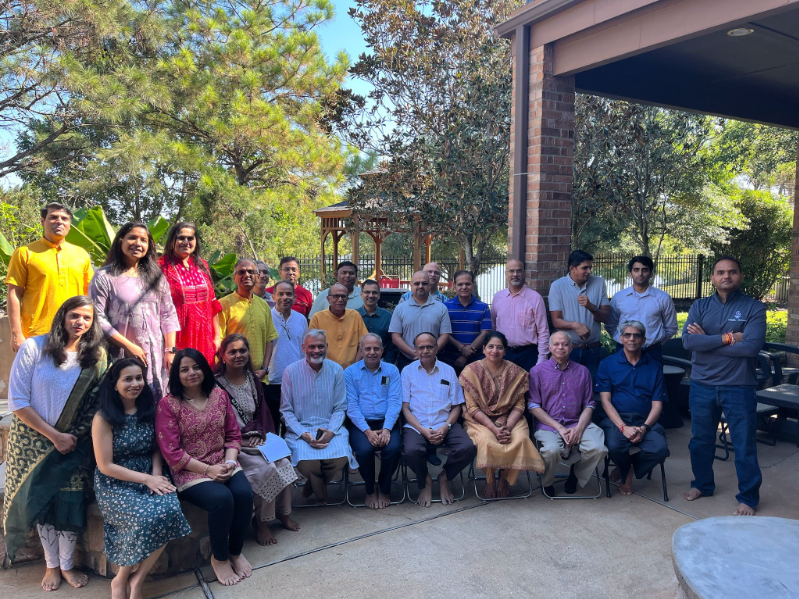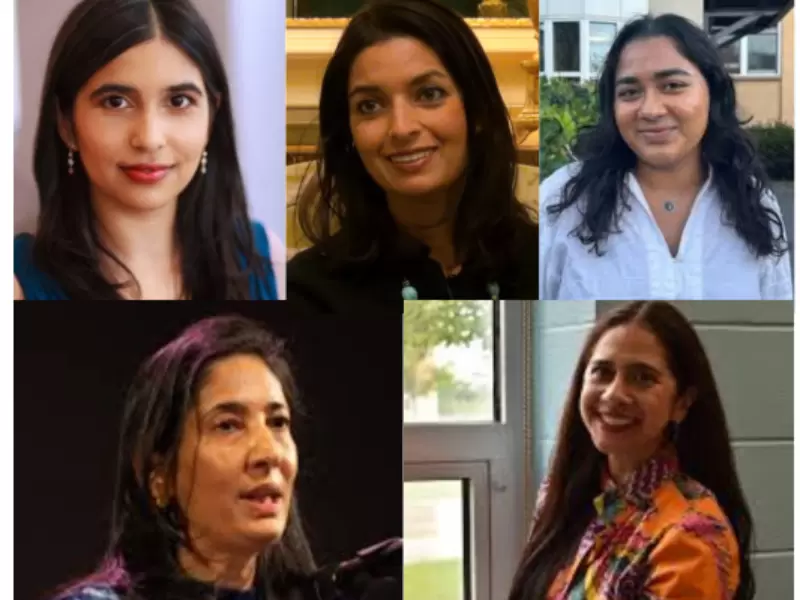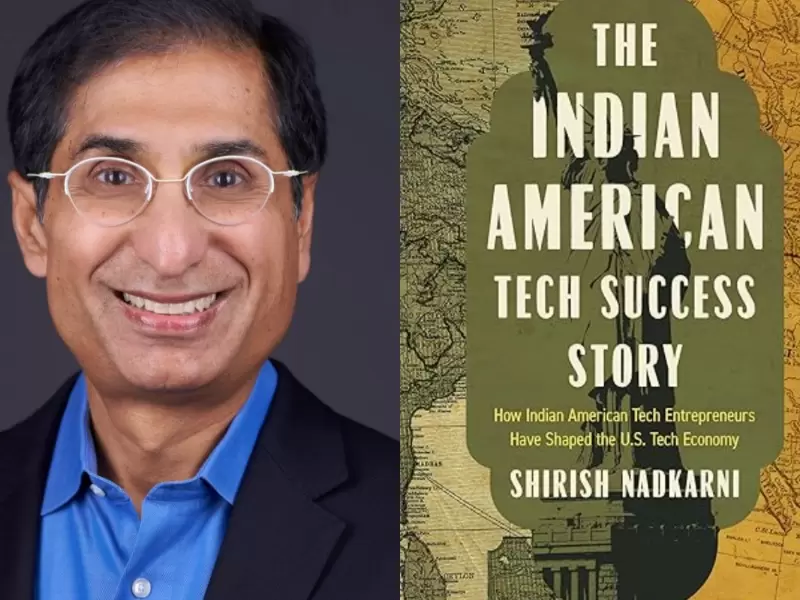Nobel Laureate Venki Ramakrishnan presents new book on aging
Ramakrishnan shared the 2009 Nobel Prize in Chemistry for his research on ribosome structure and function.
.jpeg) Nobel Laureate Venki Ramakrishnan / Image: news.harvard.edu
Nobel Laureate Venki Ramakrishnan / Image: news.harvard.edu
Nobel laureate Venki Ramakrishnan, recently presented his new book, “Why We Die: The New Science of Aging and the Quest for Immortality”, at a Harvard Science Book Talk.
Ramakrishnan, who shared the 2009 Nobel Prize in Chemistry for his research on ribosome structure and function, investigated the profound philosophical and scientific facets of aging as well as the vast variations in lifespans among various species in the new book.
While stressing the importance of preserving human dignity and well-being, Ramakrishnan spoke about the possibility of technological advances that could halt or significantly delay the aging process.
“The question is whether we can tackle aging processes, while still keeping us who we are as humans,” he said at Harvard. “And whether we can do that in a safe and effective way.”
Ramakrishnan highlighted the philosophical parallels between the quest for longevity and other ambitious scientific goals. “There’s no physical or chemical law that says we can’t colonize other galaxies, or outer space, or even Mars. I would put it in that same category. And it would require huge breakthroughs, which we haven’t made yet.”
His book explains the current scientific understanding of aging as the accumulation of chemical damage to molecules and cells. To ensure an unbiased perspective, Ramakrishnan avoided interviewing scientists with commercial interests in aging. He said that he felt qualified to write the book due to his background in molecular biology and his impartiality in the aging research field.
Ramakrishnan also referenced the significant contributions of Kyoto University scientist Shinya Yamanaka, whose work on induced pluripotent stem cells marked a major milestone in aging research. Yamanaka’s discovery that four transcription factors could revert adult cells to a pluripotent stem cell state has opened new avenues for understanding cellular rejuvenation.
The field of aging research has seen substantial investment from both governments and private companies, with the market for anti-aging products projected to reach $93 billion by 2027. Ramakrishnan's book provides a comprehensive overview of these developments and raises critical questions about the future of human longevity.
ADVERTISEMENT
ADVERTISEMENT
E Paper
Video



1749497506.png) Malvika Choudhary
Malvika Choudhary














Comments
Start the conversation
Become a member of New India Abroad to start commenting.
Sign Up Now
Already have an account? Login